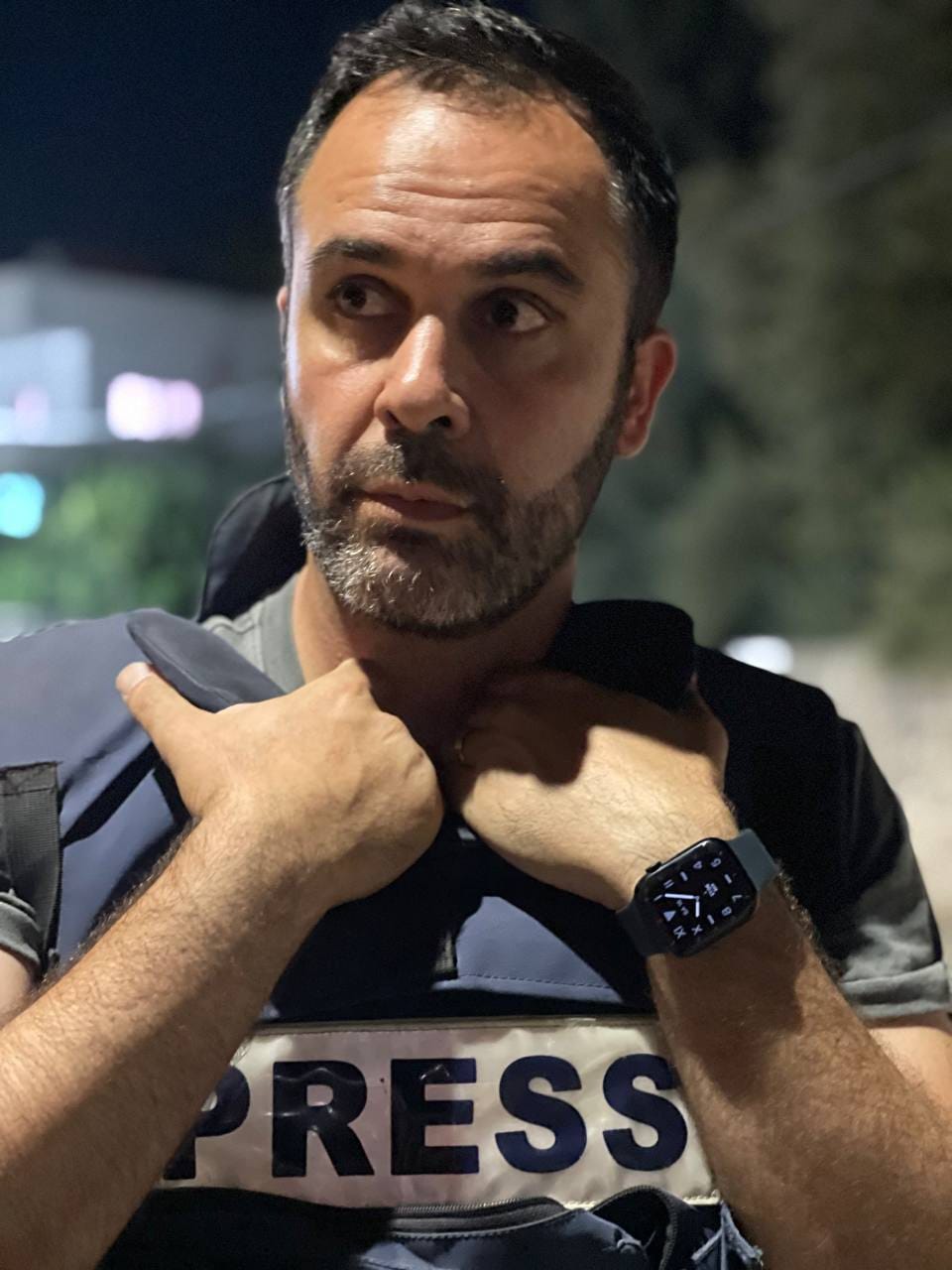EU Sanctions Far-Left, Pro-Terror News Outlet for Ties to Russia
The European Union quietly added the fringe media outlet Red.Media and founder, Hüseyin Doğru, to its sanctions list in May 2025, for allegedly spreading disinformation tied to Russian state interests

In May 2025, the European Union included Red.Media and Hüseyin Doğru in its new sanctions package. The sanctions freeze the outlet’s EU-based assets and ban Doğru from travel within its bounds. The sanctions went largely unreported until keen-eyed X users like Michael Elgort noticed the move several days ago.

According to the EU's official rationale, Red.Media was sanctioned for “systematically disseminating false information on politically controversial topics,” in ways that “specifically support narratives that are seen as destabilizing for the EU.” The outlet was flagged as part of a network of platforms allegedly echoing Russian state propaganda, particularly narratives that erode public trust in democratic institutions.
German authorities also emphasized the platform’s "close cooperation with Russian state media such as RT,” adding that Red.Media was being used to "sow discontent in Germany," especially on contentious issues like migration, war in Ukraine, and Israel-Palestine tensions.
A Radical Platform with Global Reach
Red.Media was launched in early 2023 as a digital media outlet branding itself as anti-fascist, anti-imperialist, and aligned with left-wing resistance movements. The platform, founded by Berlin-based Turkish journalist Hüseyin Doğru, was operated through his Turkey-based media company, AFA Medya.
Doğru previously worked with Redfish, another media operation flagged by Western analysts for its links to Russian state media. With Red.Media, he turned his focus to political unrest in Germany, Kurdish issues, and, most notably, the Israeli-Palestinian conflict. Though small in audience, the platform gained influence by aligning with activist causes and broadcasting uncensored footage from protests and encampments.
Extreme Coverage on Gaza and Israel
Red.Media gained the most attention through its coverage of the Israel-Hamas war and pro-Palestinian protests in Germany. For example, following the deadly October 7 attack, the platform published a call from the Palestinian Islamic Jihad (PIJ) terror group for “all fronts across occupied Palestine to ‘activate’.” Its editorial tone frequently accused Israel of “genocide” in Gaza, while largely omitting context around Hamas rocket attacks and hostage-taking.
Additionally, live footage from student encampments at Humboldt University and Free University Berlin were published, often portraying German police actions as state repression.

A Growing Pattern of Media Manipulation
The EU’s action fits into a larger pattern of state-backed disinformation networks operating under the guise of journalism. Russia has long used platforms like RT and Sputnik to target Western audiences with divisive messaging. China’s CGTN and Iran’s Press TV similarly operate under state control while projecting neutrality or independence.
These platforms often adopt the language of social justice or resistance to Western imperialism, an approach that resonates with some activist circles. But Western analysts warn that this rhetorical cover enables authoritarian regimes to amplify domestic unrest in democracies and skew public discourse.


